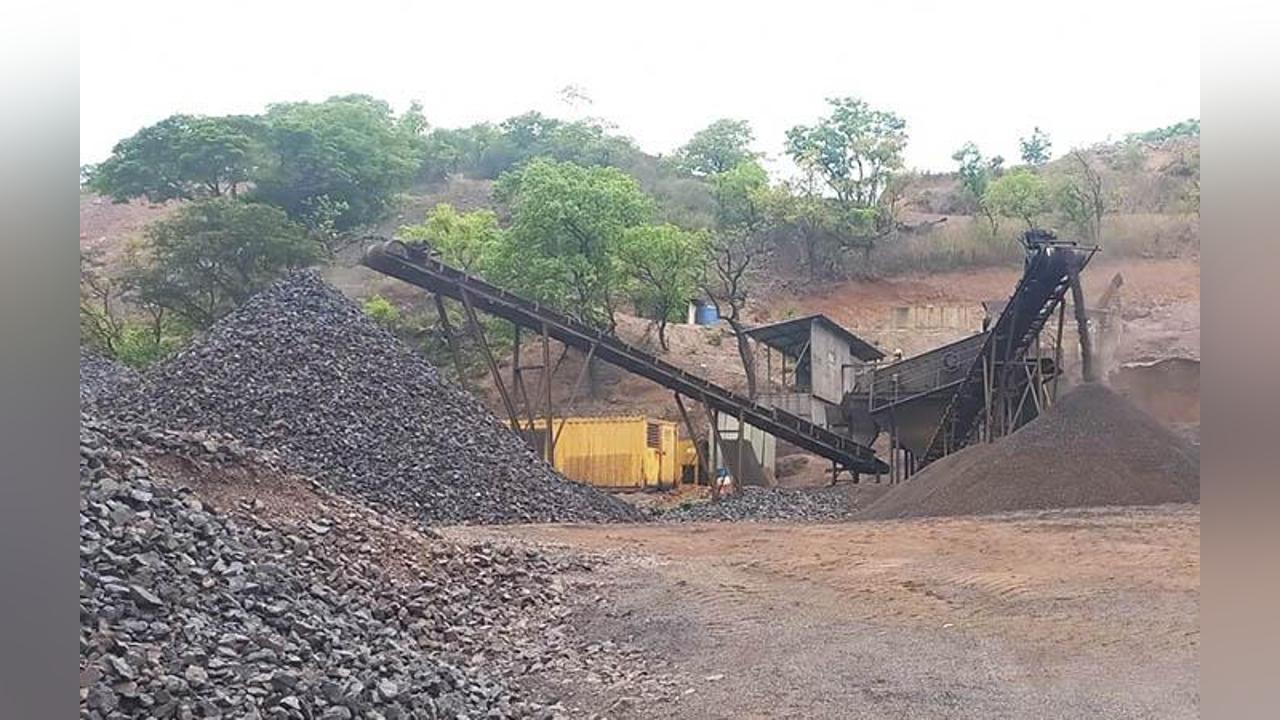Africa-Press – Angola. The information that 36 critical minerals from Angola will ensure greater foreign investment is among the highlights of the Economic Desk in the week that ends Saturday.
Speaking at the seminar on “Environmental sustainability in oil activities, in a scenario of energy transition”, the Minister of Mineral Resources, Oil and Gas, Diamantino de Azevedo, mentioned that among the country’s critical minerals are chromium, cobalt, copper, graphite , iron ore, lead, lithium, manganese, neodymium, praseodymium, nickel and silver.
He underlined that minerals are essential for electric car batteries, mobile phones, construction of wind turbines, planes, spacecraft and solar panels, hence the dedication of the Executive in attracting investors to these resources, taking into account the challenge of not depending on the oil sector.
Another important issue has to do with the reforms in the oil regulatory framework, the exploration and prospecting strategy, mechanisms used by Angola to halt the decline in oil production in recent years.
According to Minister Diamantino Azevedo, if the President of the Republic, João Lourenço, did not take urgent measures, from 2017, probably Angola, by this time, oil production would be less than one million barrels per day.
The presentation of the bidding script for oil concessions in the Kwanza and Lower Congo onshore basins, by the National Agency of Petroleum, Gas and Biofuels (ANPG), also marked the week.
ANPG informed that on September 30th of this year, a public tender will be launched for 12 oil blocks, eight of them in the Kwanza Onshore Basin (blocks KON 1, KON 3, KON 7, KON 10, KON 13, KON 14, KON 15 and KON 19) and four in the Lower Congo Onshore Basin (CON 2, CON 3, CON 7 and CON 8).
At this point, 27 drillings have already been drilled in the Lower Kwanza Basin and two in the Lower Congo.
Throughout the week, the reaffirmation of the chairman of the Board of Directors of the Instituto de Gestão de Activos (IGAPE), Patrício Vilar, also highlighted that the privatization of Sonangol could be completed by 2026.
Speaking to the press, at the end of a visit to that oil company, he said that the company has a vast heritage in the world, which is why the privatization process cannot end this year.
“It will certainly not be this year, but within the period of the second phase of the privatization program, which ends in 2026”, he said, underlining that Sonangol is a group of companies, with several business units, activities, subsidiaries and holdings.
The PCA of IGAPE also visited Angola Telecom and highlighted the ongoing recovery of the company Angola Telecom, highlighting the work performed by it in negotiating with suppliers and customers.
The official said that this recovery aims to “clean up a history that Angola Telecom brings with it, a significant liability”.
According to the official, today Angola Telecom presents positive net results, despite acknowledging that there is still a lot of work to be done.
“It will certainly not be this year, but within the period of the second phase of the privatization program, which ends in 2026”, he said, underlining that Sonangol is a group of companies, with several business units, activities, subsidiaries and holdings.
Also noteworthy was the fact that Angola is working towards the implementation of the SADC Free Trade Areas and the African Continental Free Trade Area, as well as holding discussions with the Directorate of Trade of the European Commission for the start of the Partnership Agreement business (EPA) with the European Union.
This statement was made by the Secretary of State for Commerce, Amadeu Nunes, who was speaking at the Argentina/Angola Business Forum, noting that Angola is committed to the elimination of trade restrictions and the application of procedures that facilitate preponderant investments for the increase competitiveness and gains derived from international trade.
Another highlight in the week ending today was the fact that the National Bank for Economic and Social Development of Brazil (BNDES) could finance an agro-industrial project along the irrigated perimeter of the Cafu canal (Cunene).
This information was provided by the ambassador of this South American country, Rafael Vidal, within the framework of strategic investment cooperation between the two States and the pursuit of diversification of the productive base of Angolan agriculture.
Brazil will explore the different fields of agriculture and livestock along the Cafu channel.
To this end, says the diplomat, who was speaking at the seminar on “Brazilian Agrarian Policy and Cooperation with Angola”, there is an urgent need to open a line of financing, at first it should be the BNDES, since Angola has paid off all its debt with this Brazilian bank.
For More News And Analysis About Angola Follow Africa-Press






